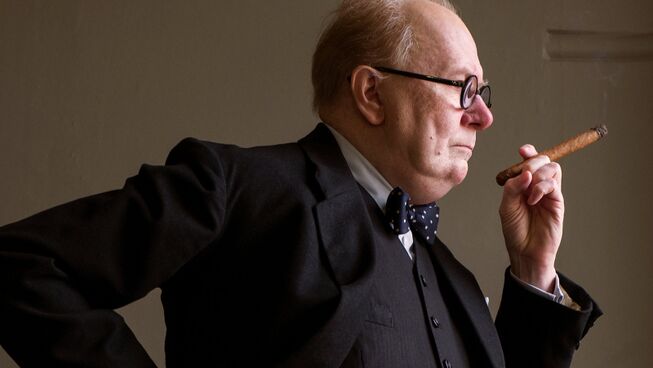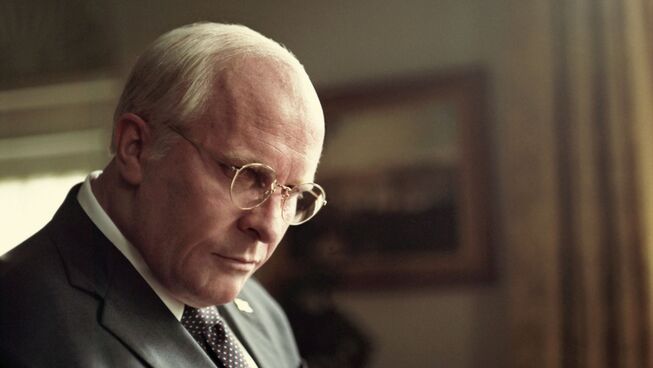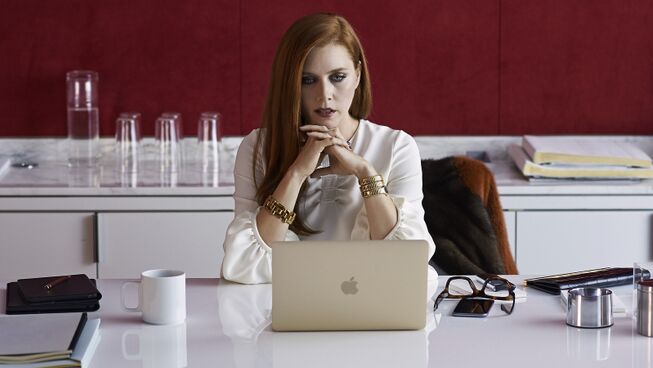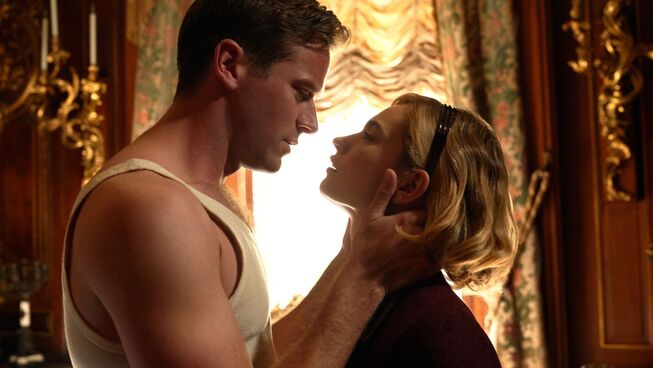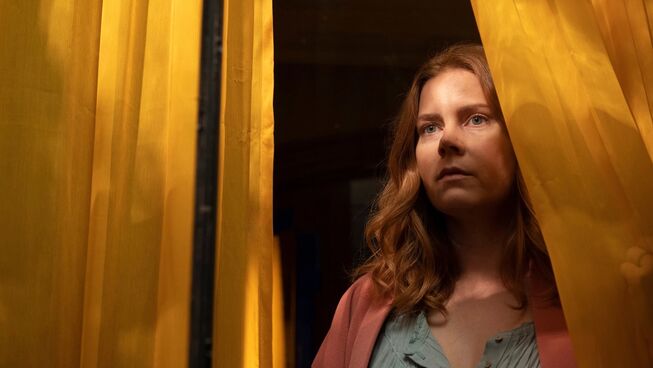
2.5 out of 5 stars
There is an inevitable comparison to Alfred Hitchcock in today’s modern cinema when any filmmaker tries to make a suspenseful, psychological thriller. This is the case as Joe Wright (Darkest Hour) takes Tracy Letts’ (August: Osage County - Pulitzer Prize) latest screenplay and attempts to make the latest neo-psycho-suspense project. The talented pair do their best to spin this multi-layered narrative of an agoraphobic psychologist who witnesses an apparent murder with an eye to the master filmmaker. The problem is that they may have proven to be too clever or too on the nose for their own good.
Dr. Anna Fox (Amy Adams) resides in an old Brownstone in Manhattan as she attempts to work through her psychological trauma. The child psychologist cannot leave her home, but does enjoy observing her neighbours from the comfort of her home. As a psych patient, Anna attempts to reconnect with her husband and daughter, who live away from her while she is in her current mental state. Then one day, new neighbours move in across the street and she is introduced to the Russell family as their son, Ethan (Fred Hechinger), brings over a gift from his mother.
Soon after his visit, Jane Russell (Julianne Moore) stops by to meet the woman across the street. This new neighbour’s familiarity is unnerving, yet refreshing for Anna and the two strike common ground quickly. Which motivates her to get out of this house-bound prison until she sees the stabbing of her newest friend through her window. As she tries to involve the police, her world is turned upside down when the Russells come to her home to prove that she could not have seen what she did. This is especially true since a different woman walks into Anna’s home claiming to be the actual Mrs. Russell (Jennifer Jason Leigh). A jarring revelation that causes the agoraphobic to question everything she knows.
What will cause Joe Wright’s film to be compared to the works of Hitchcock will begin with every visual clue. His discombobulating camera work becomes a homage to the master of suspense, but with his own modern spin. Even though it is a direct reflection from past thrillers, it does complement the contorted manner that Letts’ non-linear story travels through Anna Fox’s mental state. Every film in the background, the god’s eye views and even the opening on Anna’s open eye have nods to classic films. This all makes sense in its application, but this work eventually becomes so twisted that it seems to lose itself amongst its attempts to keep audiences guessing.
Amy Adams is marvelous and pours herself into the mental condition of her character and makes most scenes work through her performance. She manages to draw the audience into her world to make them want to believe that she may be the only truly sane person in the story. This all could be a masterwork for the celebrated actress, but something seems to derail the third act. Even though she is surrounded by an amazing supporting cast, something went inexplicably wrong in the filmmaking process. There is a shift of tone and direction that moves the story from a psychological thriller to a second-rate horror though it is quite engaging and will keep viewers wanting to stay through to the end. Yet, the twists and turns turn out to be a loss of direction as opposed to mere misdirection, which leaves things less than satisfying as the credits roll.
REEL DIALOGUE: What do I do with my fears?
When engaging with films like The Woman in the Window, the creators of this world capitalise on a fear that impacts more people than we may realise. The fear of engaging with society, the outdoors or leaving the safety of their homes. Is this a fear for you? Regardless if you do or do not have an anxiety like that of Anna Fox, are there other things that cause you to be unable to function as you would like to in society?
To allow fear to rule your life is to put faith in the ‘what could be’ of life, leading to a mental, emotional or physical paralysis for many. Fear means to focus on what may or may not happen, which even existed in people of the Bible. Moses, Gideon, Esther and more had to work through their fears.
The answer to this is to not focus on the ‘what could be’ of life. Instead to look to the God of the universe for solace and strength. Jesus is the one who defeated death and offers freedom from fear through his life and words. The Apostle Paul writes of this when addressing the concern of a young disciple named Timothy. Begin with this passage, but then dig into the deeper answer of where we should all put our fears. For God gave us a spirit not of fear but of power and love and self-control. 2 Timothy 1:7
I sought the Lord, and he answered me and delivered me from all my fears. Psalm 34:4

